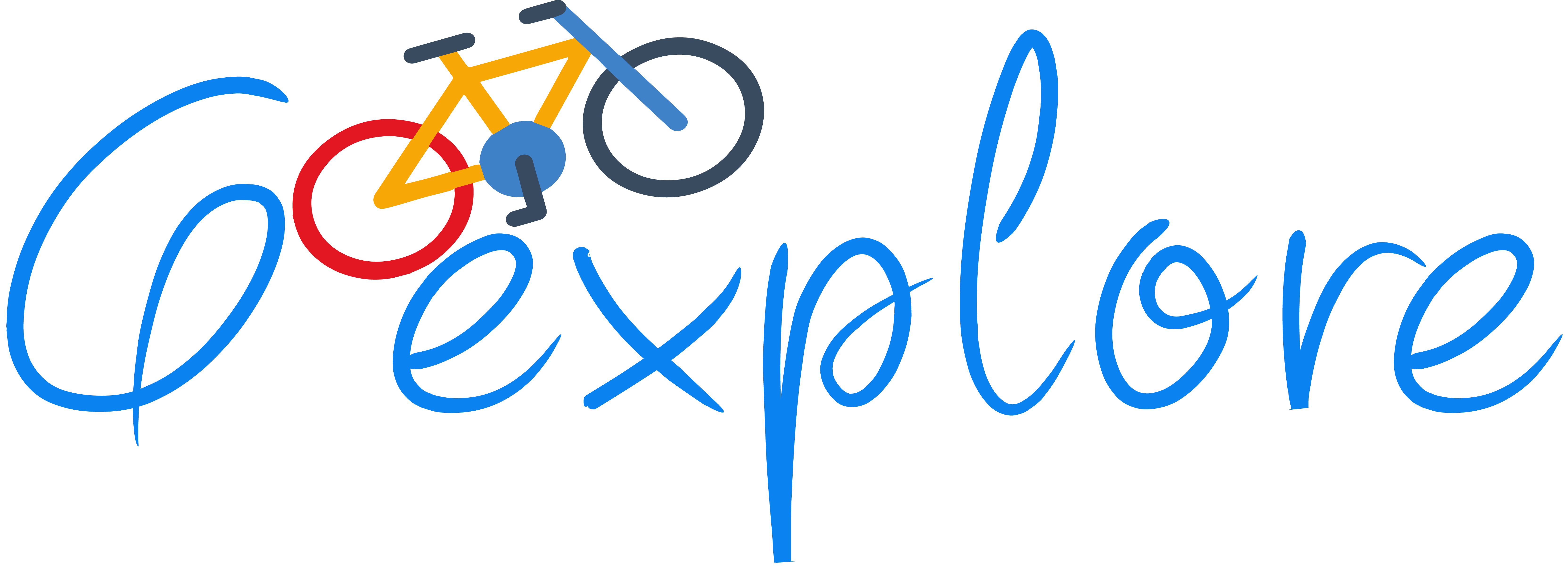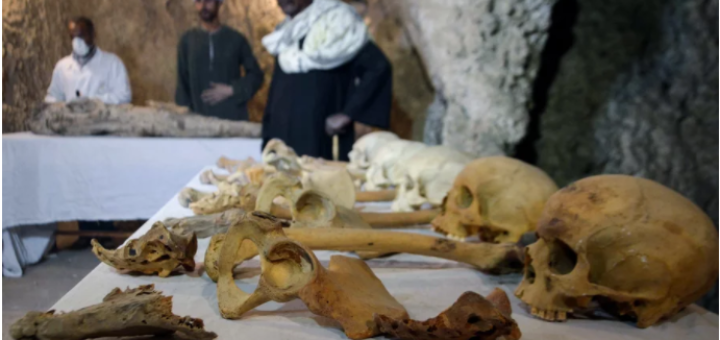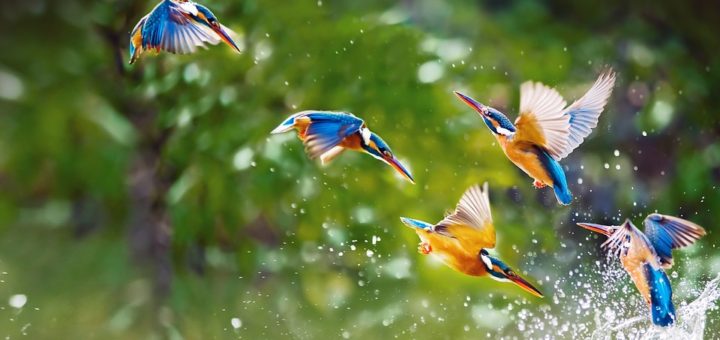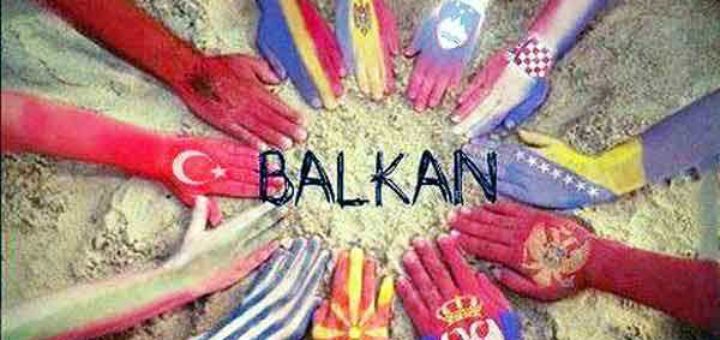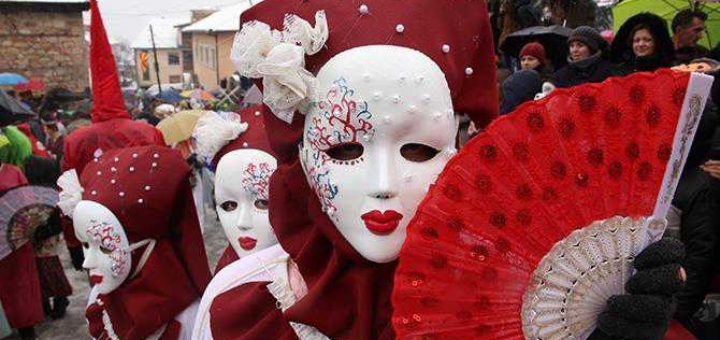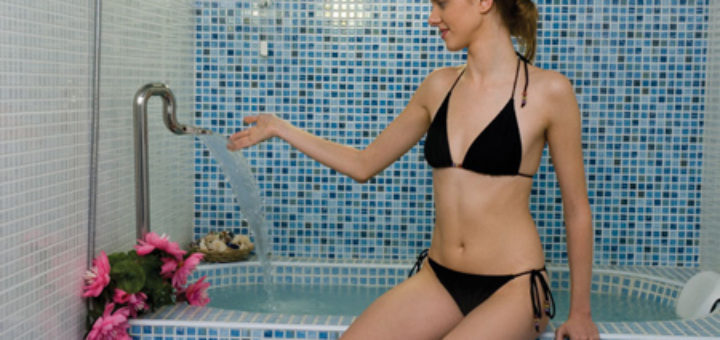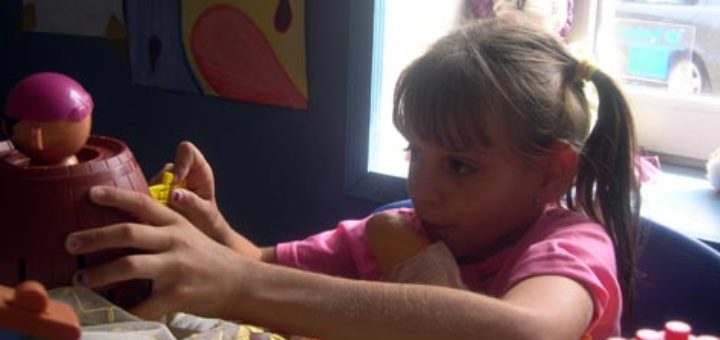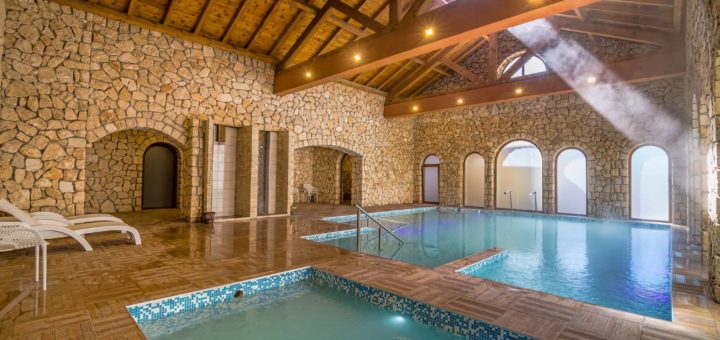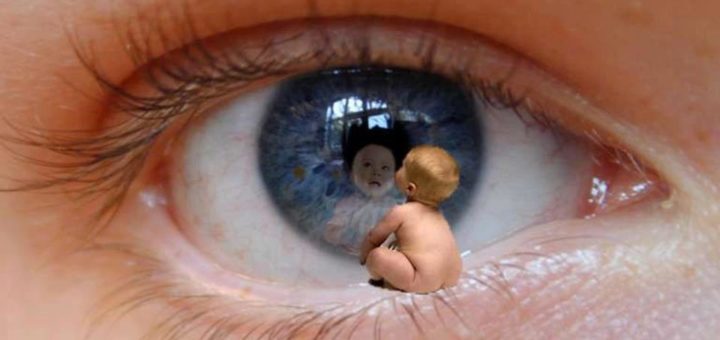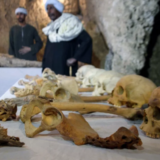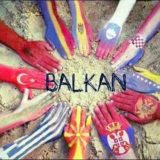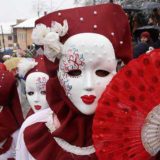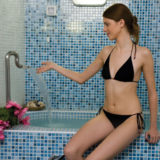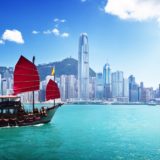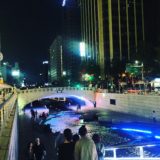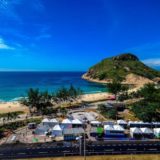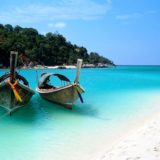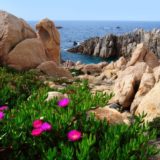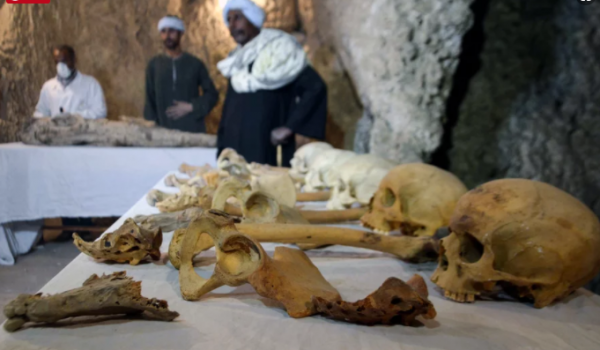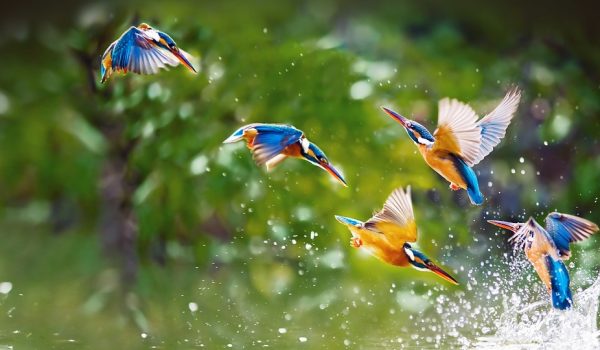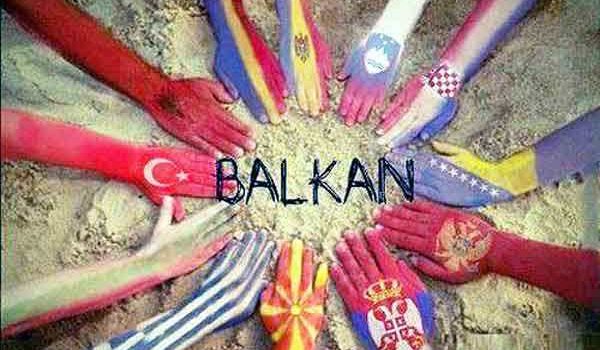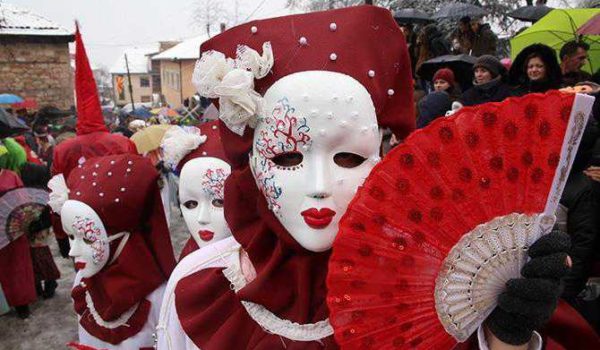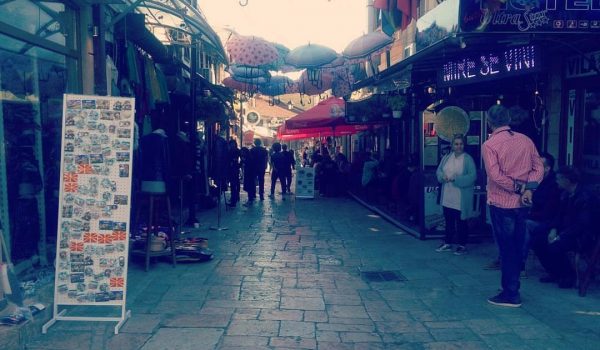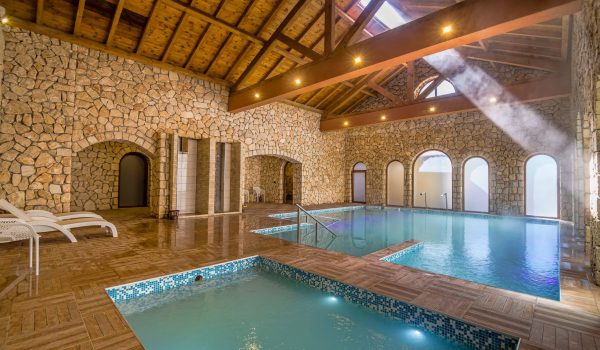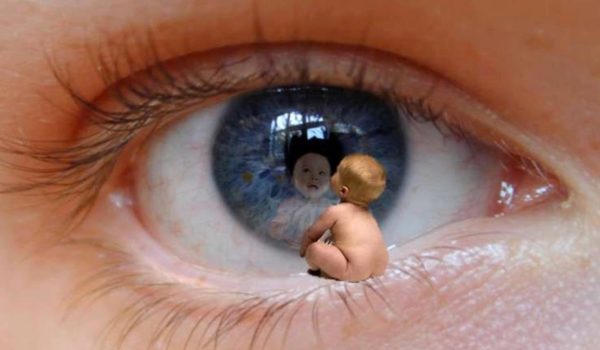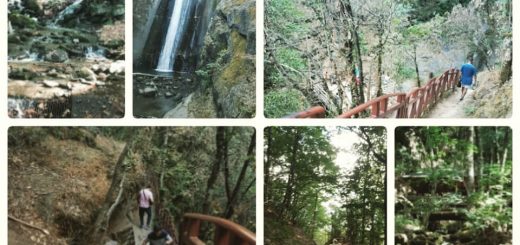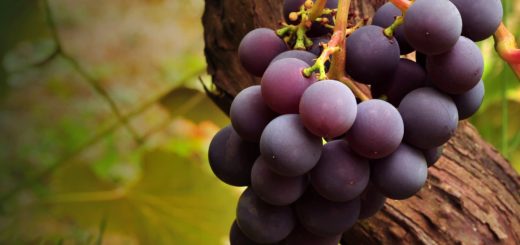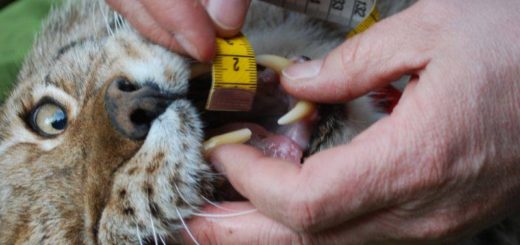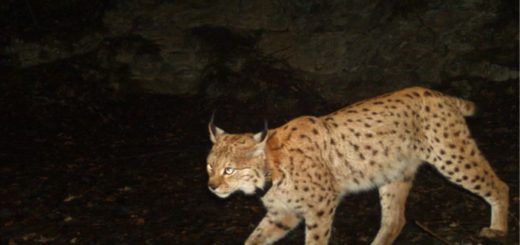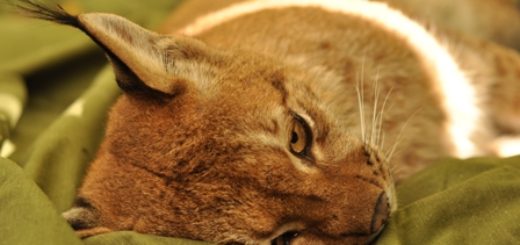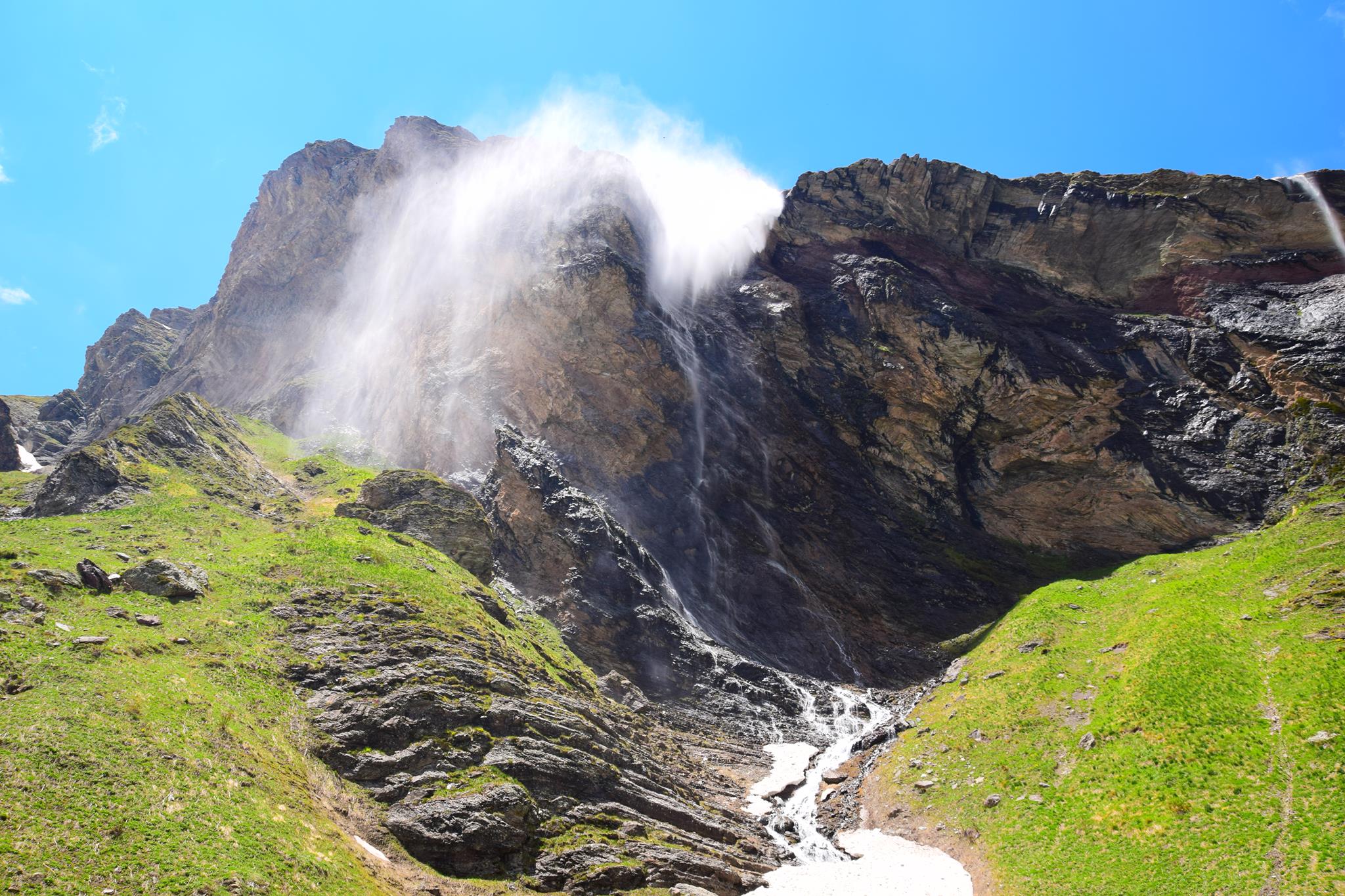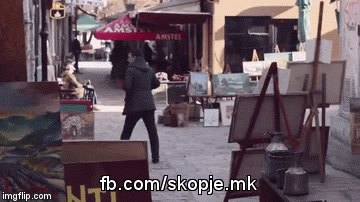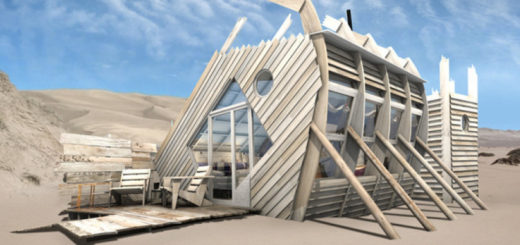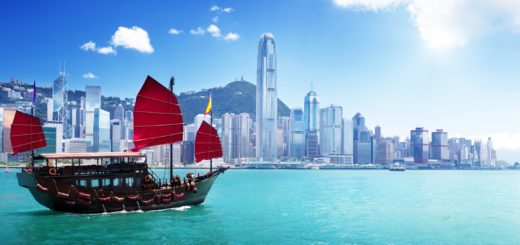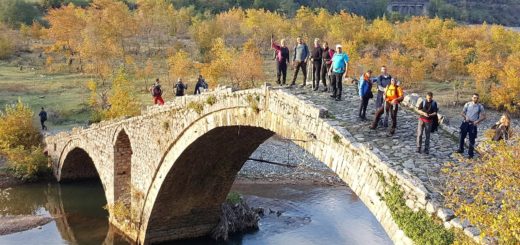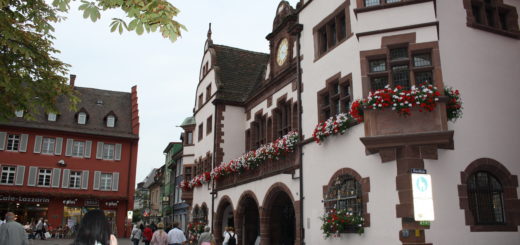Category: Culture&History
Egypt on Saturday announced the discovery of two small ancient tombs in the southern city Luxor dating back some 3,500 years and hoped it will help the country’s efforts to revive its ailing tourism...
There are travelers that visit a foreign country and leave at least one feature to be remembered for. Then, there are travelers who always give their best and make sure that the host will never, ever forget them. Yes, I’m talking about Balkan people! And here’s a list to help you detect us! If you want to detect this kind of exciting, fun and (sometimes excessively) spontaneous Balkan human, follow the topics of conversation within the group of your newly met friends in the bar. Where there is loud laughter and the word “politics,” there are the Balkan people.
Traditionally, they are held during winter time, in the New Year’s period, but also in spring and they are characteristic for several regions in the country. Each carnival has its own feature, colorfulness and different symbolism. The cheerful and masked faces in Bitola region are called “babari”, in Ohrid region-“vasilicari”, in Skopje and Kavadarci regions-“dzamalari”.
Macedonia offers a unique opportunity to take you thousands of years back in time and enjoy the benefits of the mineral and thermomineral waters that spring out from almost every inch of land. The mix of the modern spa complexes and the remains of the once Roman and Turkish baths, offer a one-time feeling.
Lazy Sunday morning in Skopje, Macedonia
The village of Rugince, in Kriva Palanka region, endures for years without children’s laughter, forgotten by the people. The denizens have to carry the water for 3 kilometers with donkeys.
In Manastirec village, Families Foster Handicapped Children in Order to Survive. They come here frightened of people, life, and loneliness. Left by their parents, not being accepted by the environment, they press their lips tight,...
The water rich in minerals is rarity in Europe and offers big opportunities for development of the spa tourism, but also a chance to build modern beauty and relaxation centers next to the natural healing sites. The healing power of the waters on this piece of land has been used since ancient times. The Romans enjoyed the benefits of the water’s healing power, and the Ottoman Turks built baths where Pashas and their wives enjoyed. Remains of those baths still exists, and some of them are still used for relaxation and pleasure. The country has 64 springs with different water temperature, between 20-72 degrees. The waters are rich in sulphur, phosphorus, arsenic, iodine, bromine – elements with huge healing and physiotherapeutic features.
Almost all Macedonian monasteries have been built in the mountains’ bosoms at places difficult to access, in areas with wonderful natural beauties, surrounded by thick forests and wide meadows.
